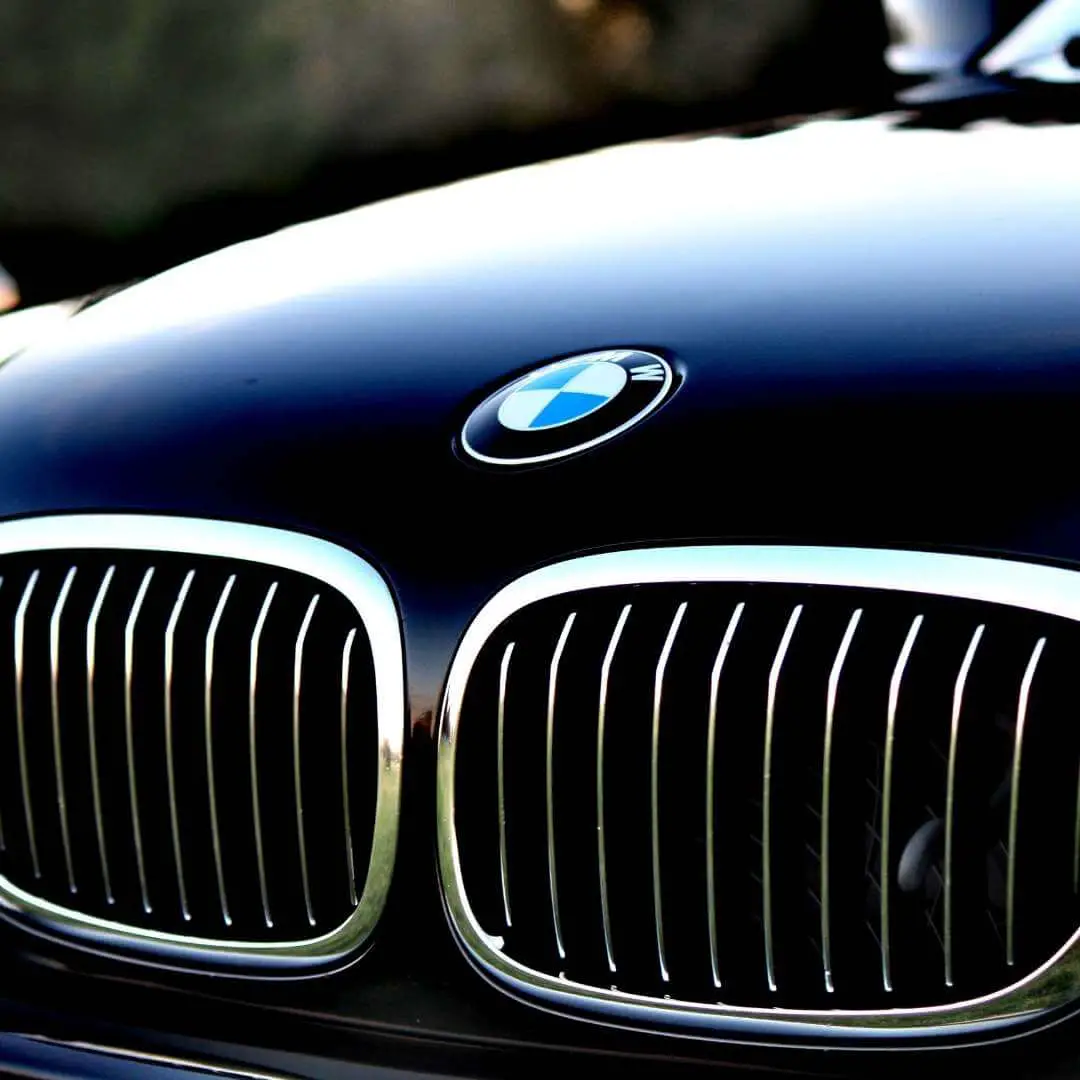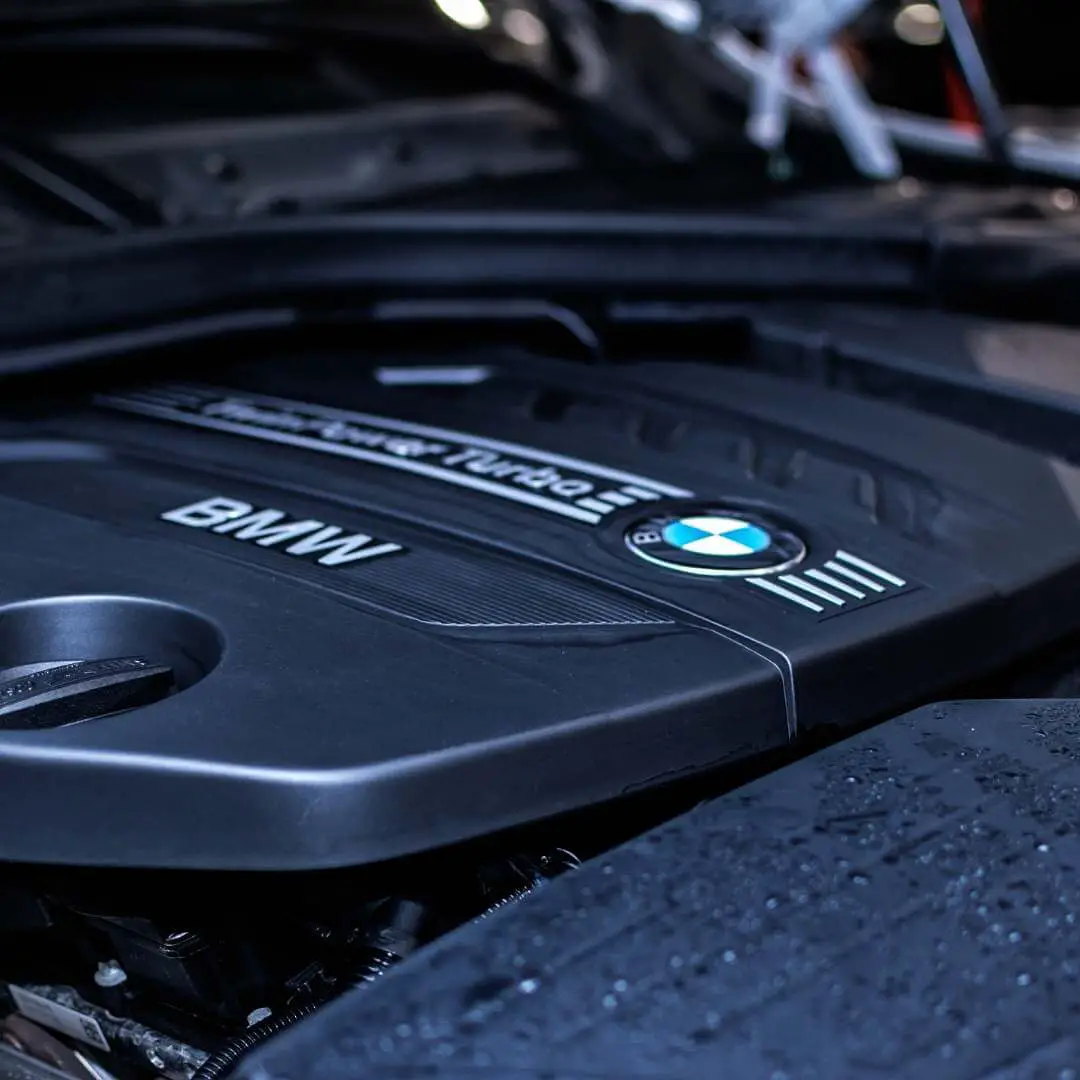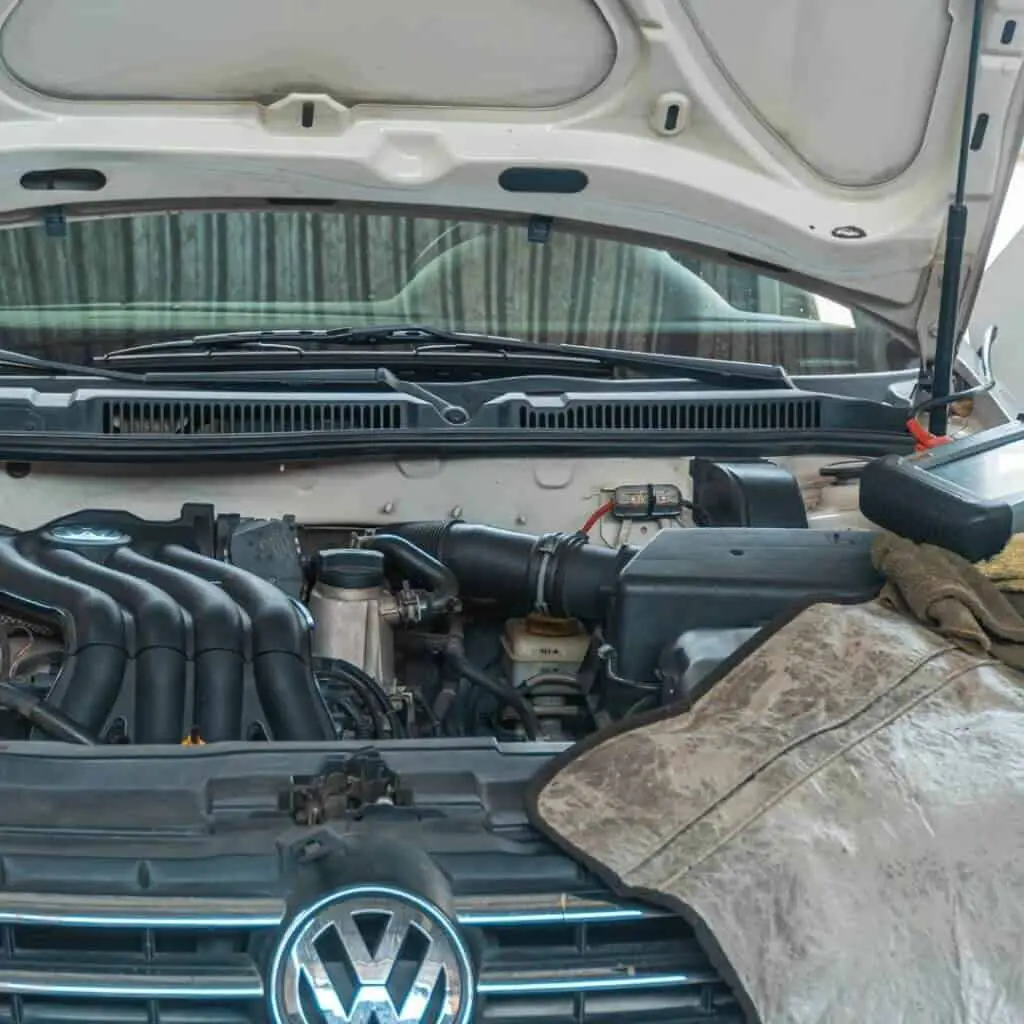The quality of a car is a sum of multiple attributes. As it starts to excel in multiple ones, others can take a toll. That’s why it’s important to know the longevity of cars as powerful as BMWs, as this knowledge can help us better navigate the issues they may have later in life. So now let’s dive into the question of how long does BMW last.
How long does BMW last

One of the ways a car can placate as reliable and potent is through its longevity. Popular car brands are firmly aware of this, which is no different for BMW. So many details go into manufacturing a car that can endure crossing thousands of miles and still stay in top form. [1]
However, no matter how refined a car is, it will eventually falter. It’s simply impossible to maintain the car’s health indefinitely. Even with all the effort and trips to the mechanic’s shop, the vehicle will perform worse. So now let’s dive in and see what mileage these cars start breaking down.
What mileage do BMW start to break down

After a certain amount of time or crossed mileage, we can expect even the most reliable car to start breaking down. This will usually be gradual, with bits and pieces starting to fail. These issues will be expressed differently depending on our car type and model. Let’s check when we can expect them to crop in and what they are
Common issues
When our BMW finally starts to experience issues, they usually come in the form of a few common problems that arise with just about any BMW sooner or later. These issues usually include oil leaks, engine cooling systems malfunctioning, steering wheel problems, and tail lamp issues.
The most troublesome ones are usually oil leaks and engine cooling problems, which can often be discovered early by consistent checkups on the car. Doing so allows us to resolve them easier and cheaper than we would once they get out of control. [3]
How long do BMW transmissions last

The longevity of our car’s body parts and the long-term function of our BMW is important. Knowing how long we can expect any part of the car to operate at full capacity without any sort of malfunction is key to properly maintaining all body parts. On the other hand, knowing that the car may not last much longer can help us predict and deal with some major problems.
As with everything, having occasional checks and consistent care put into the car is the best way to ensure any of the following projections are met or even exceeded. In addition, there is not a single item we can purchase that doesn’t benefit from occasional extra care being given to it.
With the maintenance taken into account, your transmission can last up to 300,000 miles. Of course, this is far from a cap as ones in well-treated cars can easily go far above this number. Nevertheless, this is quite a good incentive to keep consistent maintenance no matter which model you own.
While consistent checks of your car’s systems are smart, as they can uncover some emerging problems, the knowledge of your transmission’s state will be nonetheless useful.
Now, when it comes to calculating it in years, the 300,000 miles can easily turn into 20 years. That’s right, and you could get two decades of a properly functioning system by being vigilant and consistent. The BMW transmission can be rather pricey to fix or replace, so making sure it sticks around is preferable. Some maintenance is only moderately costly as well, like the act of replacing the transmission fluid. [4]
Transmission fluid
Our car has various fluids that need to be replaced and refilled occasionally. When it comes to BMWs, their transmission fluid can technically last a lifetime. However, the fact of the matter is that changing it every 30,000 to 60,000 miles is good for our car. It can make the whole vehicle run better just by being replaced. While replacing the fluid may cost us some cash, the expense is negligible compared to the benefit it grants.
In cars with a manual gearbox, the transmission fluid is used to lubricate the metal parts inside the gearbox and ensure the components don’t grind against each other. However, when using the transmission fluid with the automatic gearboxes, we need this fluid to provide friction and hydraulic pressure to the gearbox. Without these two, we would soon run into problems with the transmission.
Additionally, the fluid allows our transmission to cool. Shifting gears can be quite a taxing function, so keeping the friction to a healthy balance is important. Otherwise, we can easily see the components wear out early or fail. [5]
How long do BMW engines last?

The BMW cars are known for their power and reliability. This luxury brand has perfected quite a few features that vouch for longevity. The premium materials used in the manufacturing process of these cars will result in a much more durable construction in general. However, the engines vary in durability depending on our engine type.
How long do BMW petrol engines last?
With the petrol engine, we get some great short-term fuel use. The less you travel, the more benefit you’ll get from a petrol engine. Once you’ve decided to cover further distances consistently with a car, a diesel engine choice may be better.
The BMW petrol engine can do quite well in terms of its longevity. However, the way this engine works does require a bit of extra maintenance. Nevertheless, if you follow through with it, you can expect it to stick around for about 150,000 miles.
How long do BMW diesel engines last?
The diesel engines of BMWs are known for their very low use of fuel. The longer the distance, the better we’ll note their capability to conserve fuel. But, driving for shorter distances isn’t as fruitful with this type of engine.
Regarding its longevity, the diesel engine will last longer than the petrol one. This is mostly due to the way their combustion works. With the inherent lubrication, the engine is able to reduce potential damage to the engine during its lifetime. In terms of mileage, the engine can get about 300,000 miles before wearing out.
The number of miles a car can cross without breaking down or suffering issues vary based on the model. Every model gets rated based on reliability, and the collective score then impacts the overall reliability and durability of the brand. As far as BMWs go, their reliability is frequently rated above average for their models and the brand.
In terms of mileage, they can cross before experiencing issues we can see BMWs go up to and above 200,000 miles with regular maintenance. But, of course, outliers exist and can exceed these numbers by quite a large margin. [2]
Best BMW engines of all time
With the storied history of engines BMW has, some exquisite standouts should be noted. Among these, we will check those who changed the game and those that may still be used nowadays. No matter their age, there is something to love about them.
B58
With this engine, BMW has replaced N55 as BMWs reliable and widely used engine. This engine is a new one in the modular engine family. With the 500 cc engine per cylinder, it is following quickly after both B38 and B48.
This engine has showcased itself as quite a fruitful successor to N55. With the 20% increase in boost pressure and an increased compression ratio, the engine already has a few things going for it. This is further enhanced with a sight increase in displacement that leaves the engine at 2998 cc instead of 2979 cc.
The engine aims to improve the cooling of BMWs, something the brand commonly has issues with. This is done through the introduction of multiple systems that regulate said heat. Both the intercooler and engine-mounted heat encapsulation aim to regulate this.
N55
N55 is the first engine made by BMW that utilized a twin-scroll turbocharger. A worthwhile introduction, as confirmed by the multiple awards it won for the best engine. The engine improved the throttle response, exhaust emissions, fuel consumption, and low-rev torque. New injector style that was utilized for the fuel delivery but ended up being phased out later.
However, the model was later phased out with the release of the successor engine. So, of course, if you get a bit of an older model, this engine is almost guaranteed to show up. In addition, the cars made before 2018 frequently include this engine and perform very well.
S65
A potent enhanced version of other BMW engines. The S65 showcases a few deviations from the standards BMW engines use. Even the order in which the cylinders fire is different from the engines BMW is usually known for. Not only that, this engine has become a blueprint for many motorsports engines, inspiring the manufacturers to this day.
Best BMW 6 cylinder engine BMW b58 engine
The B58 engine places as the best engine on a BMW when it comes to engines with six cylinders. Performance, features, and refinement all lead to it being quite a great piece of equipment that will stand the test of time and any test on the road. Those willing to get even more power can check S58, which is a 2019 release that represents a high-performance version of B58.
How many miles can a BMW 5 series last?

The BMW 5 series is a very popular one. These cars can be seen across the world and often represent a smooth drive with some premium details whenever they are showcased. However, they will still wear out after a ton of miles have been crossed.
An average BMW 5 series vehicle is rather resilient. More so than an average BMW. These cars can easily last you 300,000 miles if properly maintained. Of course, to keep up such a long car lifespan, we will need to be wary of any warning signs and ready to change our oil every once in a while.
The recommended interval for switching oil for this series of BMW vehicles is around 12,000 to 15,000 miles. Doing so improves the functionality of the car while also extremely extending the lifespan of the car.
BMWs are known to burn oil. Sometimes going overboard with the potential use of it. However, most standard consumption of oil recorded is about a single quart every 750 miles.
Of course, this consumption isn’t quite as steady as one would assume. It will vary by model and may change depending on the car as well. Consult the dipstick occasionally to discern whether you should fill up the oil or even get a full change going. [6]
Read Also: BMW N47 Engine Problems
Conclusion
The reliability of BMWs is nothing to scoff at. They place quite well compared to other manufacturers, while the design approach makes each part likely to last longer than expected. No matter the model, maintenance is key, as without it, our car could start experiencing issues before even reaching 100,000 miles.
The standard estimates for BMW’s longevity are 200,000 and 250,000 miles, but those same numbers can be surpassed. So make sure to treat your car well, and it will work for an extremely high amount of time.
Read Next: BMW 2 Series Active Tourer Problems




